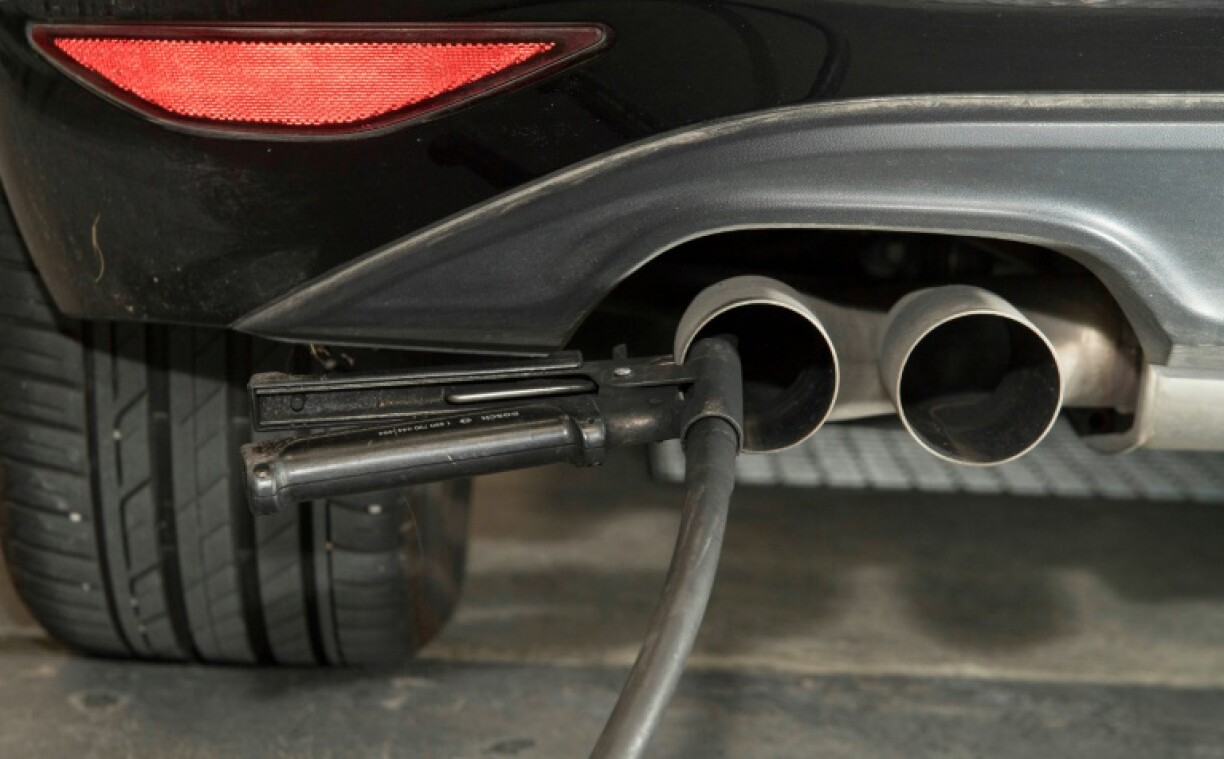
German Chancellor Friedrich Merz said Monday he wants the EU to scrap its planned 2035 deadline for ending new combustion-engine vehicle sales as his country looks for ways to help its ailing car industry.
The giants of Germany’s flagship sector such as Volkswagen, BMW and Mercedes-Benz have cast doubt on the EU target as they struggle to build up competitive electric vehicle businesses against Chinese rivals like BYD.
Ahead of a meeting to be held on Thursday with representatives from the automotive sector, Merz told the ntv channel that he thought the EU ban was “wrong”.
Last month, the EU pledged to fast-track a review of the 2035 target after pressure from carmakers.
“I don’t want Germany to be one of the countries supporting this wrong ban,” Merz said.
However, he admitted that the issue was “still being discussed” with his junior coalition partners, the centre-left Social Democrats (SPD).
The SPD environment minister, Carsten Schneider, was “not yet convinced” about the need to abandon the target, Merz said, but added that he hoped the government would come to an agreed position before Thursday’s auto sector meeting.
The auto industry in Europe’s biggest economy has been hammered by fierce competition in key market China, weak demand and a slower-than-expected shift to electric vehicles.
Earlier this month, sports car maker Porsche, a VW subsidiary, said it would substantially delay its electric vehicle rollout due to weak demand.
Merz pointed out that diesel engines are still needed for truck manufacturing and that it would be a “serious mistake” for Germany not to be able to conduct research in this area.
Merz also expressed hope that synthetic fuels could be developed in the coming years which would allow combustion engines to run “in an environmentally friendly manner”.
“We should not ban, we should enable technologies, and that is my goal,” he said.